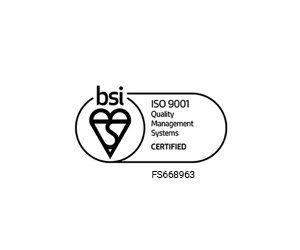Mandate Fraud Prevention
SAFE have produced a mandate fraud prevention quick guide to help organisation identify and implement preventative actions.
Bank mandate fraud is seen by organised crime groups (OCG’s) as a low risk, high reward enterprise and whilst specific techniques are constantly evolving bank mandate fraud can often be cyber enabled.
This means that in order to protect your organisation you need to look to your supply chain to ensure that your suppliers understand the risks; such as poor password security and phishing attacks leading to business email compromise and bank mandate fraud.
The National Cyber Security Centre (NCSC) have produced useful guides on
password security and dealing with
targeted phishing emails. SAFE have developed a mandate fraud prevention webinar which brings the subject to life with real-life examples and experiences from our experienced counter fraud professionals.
Share this news story...






